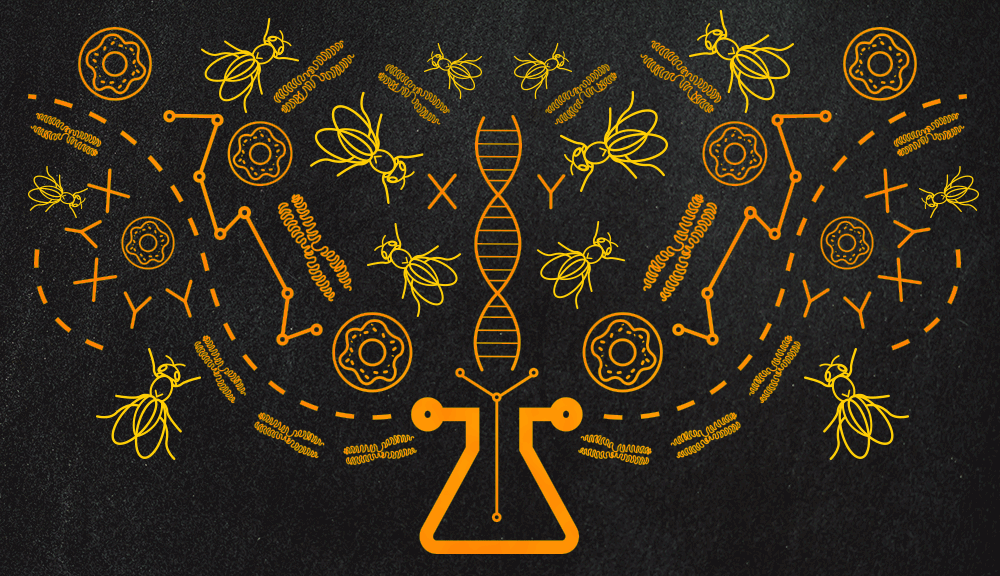Biology
Biology is the natural science that studies life and living organisms, including their physical structure, chemical processes, molecular interactions, physiological mechanisms, development and evolution. Despite the complexity of the science, certain unifying concepts consolidate it into a single, coherent field.
 |  |
|---|

More about biology
Biology encompasses diverse fields, including botany, conservation, ecology, evolution, genetics, marine biology, medicine, microbiology, molecular biology, physiology, and zoology.
10 Scientists of biology
Click the image to read the information.
.jpg)
Ancient Greek philosopher Aristotle isn't often considered when it comes to great biological discoveries, but his work on the classification of living things was revolutionary. Referred to as the 'Ladder of Life', Aristotle's classification system was used up until the 19th century. He was the first person to recognise the relationships between species, and organise accordingly.
.jpg)
The work of Greek physician Galen revolutionised the way medical research is conducted. Galen had a major influence on the development of many fields of medicine including anatomy, pathology, physiology and neurology. Notable discoveries include the identification of the differences between veins and arteries, and recognising that the larynx generates voice. Much of his hypotheses had scientific errors but his work in pioneering the field of medical research is undeniable.
.jpg)
In 1996 Ian Wilmut and Keith Campbell cloned a mammal, famously named Dolly the Sheep. The pair cloned Dolly using a single adult sheep cell and a process of nuclear transfer. Dolly died after six years but cloning continues, although still not perfected and certainly not ready for human application (yet).
.jpg)
Ancient Greek philosopher Aristotle isn't often considered when it comes to great biological discoveries, but his work on the classification of living things was revolutionary. Referred to as the 'Ladder of Life', Aristotle's classification system was used up until the 19th century. He was the first person to recognise the relationships between species, and organise accordingly.